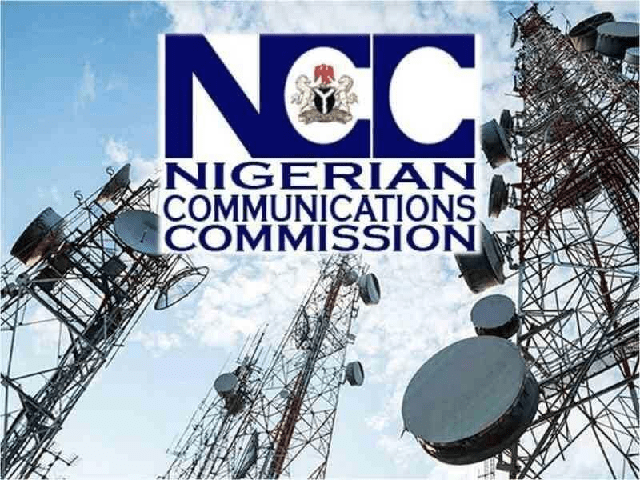Breaking News
Nigeria’s Telecom Subscribers Hit 173.5 Million as Broadband Penetration Climbs to 49.3%
Nigeria’s telecom sector grew to 173.5 million active lines in September 2025, with broadband penetration reaching a record 49.3%. MTN leads market share as the government rolls out a $500m fibre expansion plan.

Nigeria’s telecommunications sector continued its steady expansion in the third quarter of 2025, with active voice subscriptions rising to 173.54 million in September, up from 171.57 million in August, according to the latest industry statistics released by the Nigerian Communications Commission (NCC).
The report also revealed that broadband penetration reached 49.34 percent, translating to 106.97 million high-speed internet users, edging the country closer to its 70 percent target under the National Broadband Plan (NBP 2020–2025).
Similarly, internet subscriptions on GSM networks climbed to 140.36 million, while overall teledensity stood at 80.05 percent, signaling consistent growth across major operators.
The upward trend coincides with the Federal Government’s intensified efforts to expand digital infrastructure and improve connectivity nationwide.
Minister of Communications, Innovation and Digital Economy, Dr. Bosun Tijani, reaffirmed the administration’s commitment to deepening digital access and inclusion across Nigeria.
Speaking recently in Ogun State, Tijani disclosed that the government, in partnership with the World Bank, plans to deploy 90,000 kilometres of fibre optic cable nationwide — a $500 million project described as the largest of its kind in the bank’s portfolio.
“The President decided that as a nation, we will invest in 90,000 kilometres of fibre optic network across this country. Every corner of our nation will be covered with fibre optic cables,” Tijani stated.
He also announced a plan to train 5,000 young Nigerians in fibre technology, splicing, and deployment, in collaboration with Coleman Wires and Cables, which recently inaugurated West Africa’s largest fibre optic cable plant.
“This will begin in about two to three months and will strengthen our broadband ecosystem while creating skilled jobs for Nigerians,” he added.
According to the NCC report, MTN Nigeria maintained its market leadership with 90.33 million subscribers, representing 52.12 percent market share. Airtel followed with 58.47 million users (33.74 percent), while Globacom recorded 21.39 million subscribers (12.34 percent). T2 (formerly 9mobile) served 3.11 million active lines (1.8 percent) — a slight improvement from August.
Overall, the GSM segment accounted for over 99 percent of total mobile subscriptions, underscoring the dominance of mobile technology in Nigeria’s communications landscape.
The NCC further noted that broadband penetration reached its highest level on record, rising from 48.81 percent in August to 49.34 percent in September. While 4G technology remained dominant at 51.6 percent market share, 5G adoption climbed modestly to 3.4 percent, reflecting gradual expansion since its 2022 commercial rollout.
Despite a slight dip in data traffic — down to 1.15 million terabytes from 1.152 million terabytes in August — the telecom sector remains one of Nigeria’s strongest economic pillars, contributing 9.2 percent to GDP in Q2 2025, up from 8.5 percent in the previous quarter.
Industry analysts attribute the sector’s continued growth to rising demand for digital services, increasing mobile penetration, and sustained investment in network infrastructure by operators.
Opinion Nigeria News










